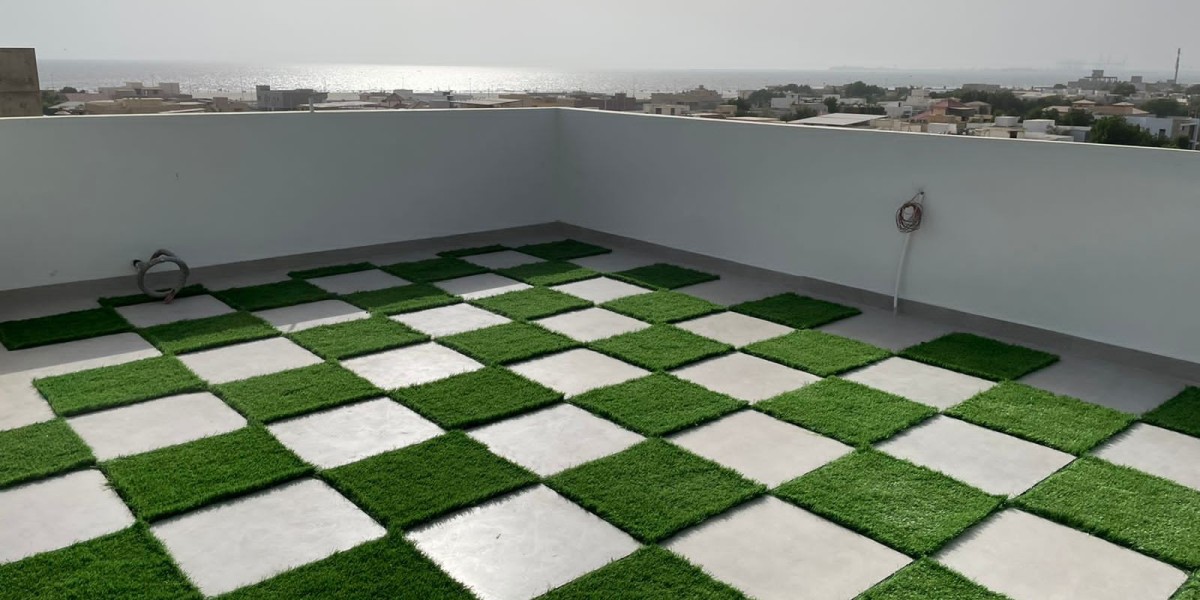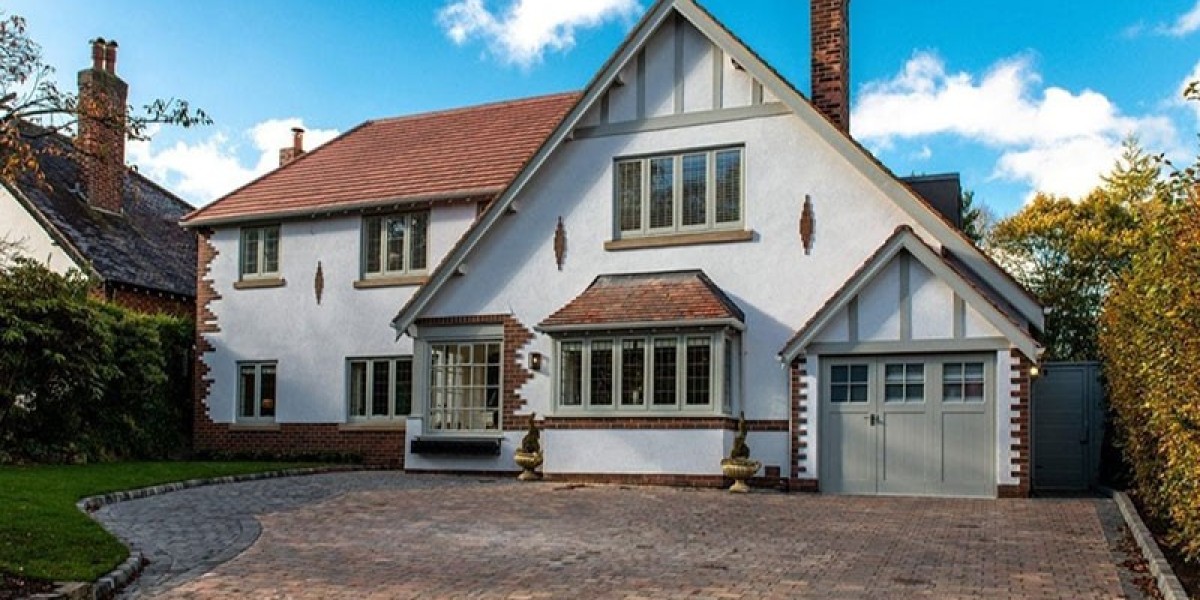Pakistan’s residential real estate market is entering a new phase. The demand for housing continues to grow, driven by population expansion, rising urbanization, and shifting lifestyle expectations. Areas once considered distant suburbs are now prime investment zones, attracting both local buyers and overseas Pakistanis seeking long-term opportunities. For example, high-demand neighborhoods such as plots for sale in DHA City Karachi are drawing attention from investors who value planned developments and modern infrastructure.
Changing Demographics and Housing Demand
Pakistan’s population is young, with more than half under the age of 30. As this generation matures, their preference for homeownership rather than long-term renting continues to shape the market. Many buyers want affordable yet well-planned communities with reliable utilities, better road access, and recreational facilities. Urban centers like Karachi, Lahore, and Islamabad are expanding outward, and planned housing projects have become a central feature of this growth.
With an increasing number of overseas Pakistanis sending remittances back home, real estate remains a trusted way to preserve and grow capital. The combination of domestic and foreign demand creates steady momentum in the residential sector.
The Role of Planned Housing Communities
Gated and master-planned communities are redefining how people perceive urban living. They offer organized layouts, consistent utilities, and dedicated security — features that older city neighborhoods often lack. Developments in Karachi, Lahore, and Rawalpindi are attracting long-term investors because they provide both livability and resale potential.
Projects backed by reputable developers have become the preferred choice for buyers. These schemes not only promise legal security but also deliver on timelines for possession. Investors are moving away from speculative plots in unregulated areas and turning toward documented, transparent developments.
Infrastructure Growth and Connectivity
Pakistan’s road networks, public transport projects, and new highways are playing a major role in shaping property values. When an area gains a direct link to business districts or industrial hubs, its residential demand rises quickly. New bypasses and ring roads around large cities are creating fresh investment corridors.
Government and private sector collaboration is also improving the availability of utilities like electricity and water in newly developed housing schemes. Buyers increasingly prioritize these essentials over purely speculative price appreciation. As a result, infrastructure quality has become one of the most reliable indicators of a neighborhood’s future value.
Technology and Smart Real Estate Trends
Digital platforms, virtual property tours, and transparent online records are changing how people evaluate real estate. Young buyers expect to compare projects online before visiting in person. Developers that integrate online booking, clear payment plans, and verifiable ownership details are earning greater trust.
Emerging smart-home features are also attracting attention. While these technologies are still new in Pakistan, developments that include energy-efficient designs, better waste management, and solar power systems are setting themselves apart. These innovations appeal to environmentally conscious buyers and investors who are looking for sustainability in addition to financial growth.
Risks and Considerations for Investors
Despite the growing opportunities, residential investment in Pakistan requires careful planning. Legal verification of land records remains essential. Unapproved housing schemes continue to pose risks, making due diligence a critical step before purchasing. Political and economic fluctuations can also influence property prices in the short term.
To manage these challenges, many buyers prefer housing societies that are officially registered and audited. Clear documentation and reliable developers help safeguard investments against unexpected disputes. Additionally, long-term holding tends to deliver better returns than short-term speculation, especially in regulated communities.
Outlook for the Next Decade
The next ten years are expected to bring steady growth in residential property demand. As cities grow outward, suburban housing schemes will evolve into independent urban centers. These areas will include schools, hospitals, shopping districts, and public spaces — making them attractive for both living and investment.
Rising incomes and greater exposure to global lifestyle trends will also raise expectations for modern design, secure environments, and community facilities. Overseas buyers will remain a key driving force, contributing both financial stability and an international standard of quality to local developments.
Key Factors Driving Future Investment
Urban population growth: More people moving to cities means greater housing demand.
Government initiatives: Efforts to encourage affordable housing add long-term stability.
Improved infrastructure: New roads and public services directly increase property values.
Growing remittances: Overseas Pakistanis are continuing to invest in real estate.
Developer reputation: Trusted builders with legal approvals attract serious investors.
FAQs on Residential Investment in Pakistan
Which cities in Pakistan offer the best residential investment opportunities?
Karachi, Lahore, and Islamabad remain the top choices. Planned communities on the outskirts of these cities are expanding quickly.
Is it better to invest in developed or under-development projects?
Developed projects provide faster possession, while under-development projects can offer lower entry prices. Choosing reputable developers is more important than the stage of construction.
How do overseas Pakistanis safely invest in residential property?
Working with verified agents, using online property portals, and ensuring proper legal documentation helps avoid fraud. Many developers now cater specifically to overseas buyers with secure payment channels.
What role does infrastructure play in property prices?
Areas with direct road links, consistent electricity supply, and public facilities tend to appreciate faster than locations lacking these amenities.
Are smart homes becoming common in Pakistan?
They are emerging in select developments. Features like solar energy, efficient layouts, and advanced security systems are gaining popularity among high-end buyers.
Final Thoughts
Residential investment in Pakistan is evolving into a more structured and transparent market. Master-planned communities, better infrastructure, and rising demand from a young population are setting the stage for long-term growth. Investors who focus on quality development, verified documentation, and sustainable planning are likely to benefit the most. For those considering premium projects, opportunities such as investment in Bahria Town Karachi demonstrate how modern design, secure living, and solid returns can go hand in hand.








